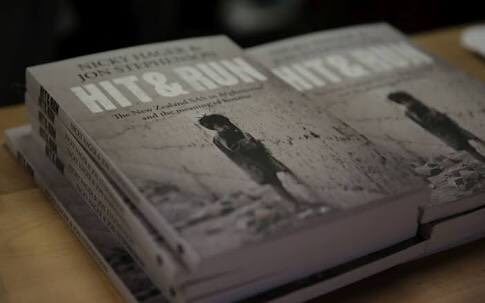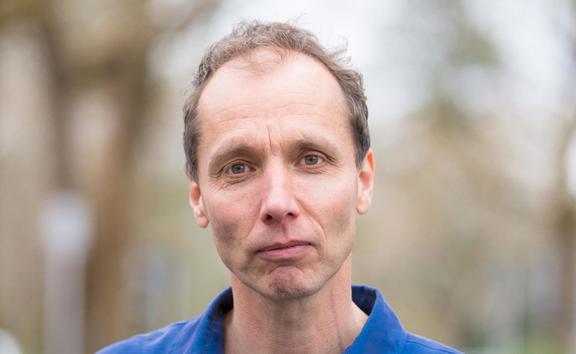The risks of smoking have been known for decades, and in an effort to kick the habit many smokers have turned to e-cigarettes.
But according to a new study, using e-cigarettes could raise the risk of heart attacks, strokes, or developing heart disease.
One in 20 adults in the US is reported to vape, and according to the research carried out by the American Heart Association, vaping could increase their chances of suffering a heart attack by almost 60 percent.
People who smoke e-cigarettes are also 71 percent more likely to have a stroke, the study claims.
This latest piece of research, which surveyed 400,000 people, shows a link between using e-cigarettes and blood clots forming in the body, it is claimed.

The study claims vaping could raise people’s risk of suffering a stroke by 71 percent. Credit: PA
The shocking study also says that 66,795 of respondents who actually vaped were 71 percent more likely to suffer from a stroke, and had a 59 percent higher risk of having a heart attack or angina.
This group were also found to have a 40 percent greater risk of heart disease.
However, despite the fact that 4.2 percent of vapers in the study had suffered a stroke, there was no definitive evidence to show that vaping kills, it has been reported.
According to the Mail Online, Dr Larry Goldstein, chairman of the department of neurology and co-director of the Kentucky Neuroscience Institute, said a ‘wave’ of heart problems could be heading our way.
He said: “It’s obviously quite concerning. This is a potential chip of the spear, of a wave of cardio-vascular disease, that may be coming in the future, especially since this has been so attractive to young users.
“This is the first real data that we’re seeing associating e-cigarette use with hard cardiovascular events.”
He added: “But it’s quite a concern, especially since nationwide now we’ve seen a levelling off in, and in many instances an increase in the risk of stroke-related mortality in the country. It’s hard to know what contribution this has to that, but it doesn’t appear to be safer, or safe right now from the data that’s available.”
Last year, research was carried out by Public Health England claimed that 44 percent of smokers wrongly believe vaping is just as harmful as regular smoking.
However, according to the study, vaping is at least 95 percent less harmful than smoking.



 Joe Gans and ‘Battling’ Oliver Nelson fought for the widely reported world lightweight championship on 3rd September 1906. In coverage of the fight, the New York newspaper The Post-Standard, 4th September 1906, reported that:
Joe Gans and ‘Battling’ Oliver Nelson fought for the widely reported world lightweight championship on 3rd September 1906. In coverage of the fight, the New York newspaper The Post-Standard, 4th September 1906, reported that:










 Photo: supplied
Photo: supplied
 Nicky Hager. Photo: Vice
Nicky Hager. Photo: Vice